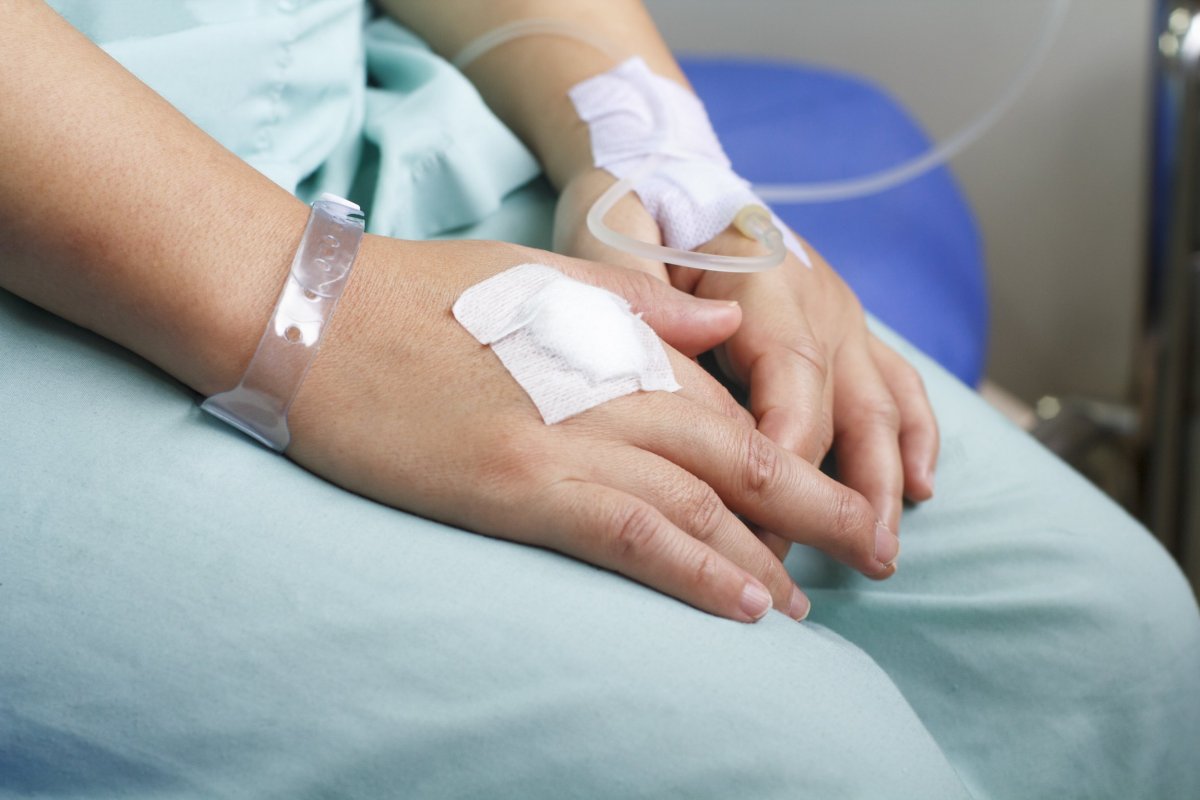February 4 is World Cancer Day, and this year the charity behind the annual event, Union for International Cancer Control, is launching a three-year-long campaign to raise awareness of the importance of catching the disease early.
Last year, almost 18 million cases of cancer were diagnosed, according to Union for International Cancer Control. Of those, almost 5 million were breast, cervical, colorectal, and oral cancers which "could have been detected sooner and treated more effectively," the organization said.
Rather than one disease, cancer is a term used to describe more than 200 different diseases. Cancer happens when normal cells grow abnormally and form a tumor, or in the case of cancers of the blood—where an unusual number of white blood cells form. An untreated tumor can impact how the body functions and lead to death.
By being regularly screened, picking up the disease quickly, and starting treatment as soon as possible, patients have a significantly better chance of living for at least five years after their diagnosis and preserving their quality of life, the charity highlighted. That's partly because it can prevent the tumor spreading and enabling the disease to become advanced. It can also make it easier and cheaper for physicians to treat.
In the U.S., the chance of a women diagnosed with cervical cancer at the advanced stage living for at least five years is 15 percent. But that figure shoots up to 93 percent if it is detected before it spreads.
But despite the positives of spotting cancer early, many factors can stand in the way, from socioeconomic disadvantages to social taboos and even physical barriers. Masculine gender norms, for instance, can prevent men with cancer from seeking help, but the encouragement of loved ones can cut through this, Union for International Cancer Control said.
Fear of cancer is also a problem, with a 2018 U.K. study cited by the organization revealing one in four people don't go to the doctor because they are afraid of being told they have the disease. Meanwhile, a lack of understanding and difficulty communicating signs and symptoms among the youngest can make diagnosing childhood early cancers tough.
Under the banner #IAmandIWill, organizers are calling on individuals to do their bit to lessen the impact of the disease, whether that's by donating money, translating campaign materials so information on cancer is more widely accessible, or hosting fundraisers.
The onus is not only on potential patients. World Cancer Day organizers stress that healthcare professionals and lawmakers have a responsibility to improve access to healthcare, and raise awareness of symptoms.
Dr. Cary Adams, chief executive officer for the Union for International Cancer Control, commented in a statement: "This World Cancer Day, we want people to know that many cancers can be managed and even cured, especially if they're detected and treated as early as possible. By detecting cancer at its earliest stage, we seize the greatest opportunity to prevent millions of avoidable deaths worldwide."

Uncommon Knowledge
Newsweek is committed to challenging conventional wisdom and finding connections in the search for common ground.
Newsweek is committed to challenging conventional wisdom and finding connections in the search for common ground.
About the writer
Kashmira Gander is Deputy Science Editor at Newsweek. Her interests include health, gender, LGBTQIA+ issues, human rights, subcultures, music, and lifestyle. Her ... Read more
To read how Newsweek uses AI as a newsroom tool, Click here.








